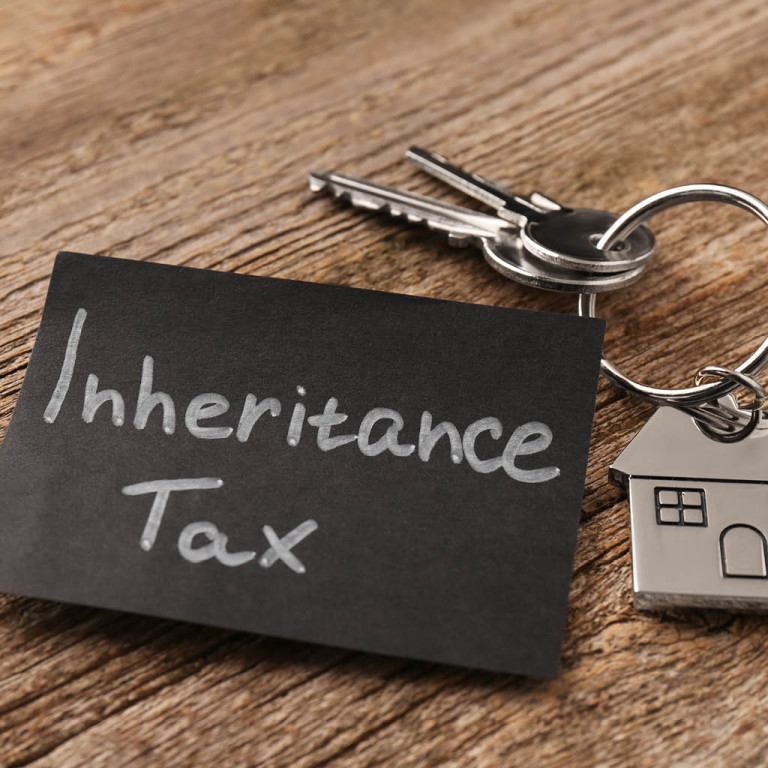Deputyship is a legal term that refers to the appointment of a person (called a deputy) to make decisions on behalf of another person who lacks the mental capacity to do so.
Where someone lacks mental capacity and has not appointed an attorney to manage their affairs then a deputyship Order can be obtained. A deputyship Order can be made for property and financial affairs and/or health and welfare.
Power or Attorney vs Deputyship?
We have all probably heard of Power of Attorney and more particularly Lasting Powers of Attorney. These documents allow you to choose a person(s) to deal with your property and financial affairs and/or health and welfare if, in the future, you were to become unable to do this yourself for many reasons including mental incapacity. Such a document allows you to choose who you would like to appoint to help you in the future. The courts can appoint a Deputy after someone has lost their mental capacity.
Two types of deputyship orders
There are two types of deputyship orders in the UK, these are:
Property and Financial Order – This order makes decisions about the persons property and finances, this involves paying bills and selling property.
Health and Welfare Order – This order make decisions about the persons care and medical treatment.
Who can be a Deputy?
A deputy can be a close family member, friend or a professional, such as a solicitor to act as the person’s deputy. A deputy, must always act in a person’s best interests, making decisions carefully and with as much knowledge as possible.
How to apply to become a Deputy?
To become a deputy, you must submit an application to the Court of Protection. The application involves detailed information about the person you wish to become deputy for.
The Court of Protection will issue an Order, which sets out who the Deputy is and their role. The Deputy will then be able to manage the affairs on behalf of the person who lacks capacity.
Who is the Court of Protection and what do they do?
The Court of Protection is a legal court. They deal with matters regarding vulnerable people who are unable to make decisions independently. The Court of Protection (known as COP) aim to do the best for the vulnerable person by protecting their rights and welfare. They have the power to make decisions on property and finance and health and welfare. The Court allows powers to be passed to another party, who wish to be appointed, known as the Deputy.
What happens if a Deputy is not acting in the best interest of the person who lacks mental capacity?
The Court of Protection can remove a Deputy or change the authority to make decisions if they are not acting in the best interests of the person who lacks capacity, acting outside of their powers or, the Deputy is incapable of acting.
Who is the Office of the Public Guardian and what do they do?
The Office of the Public Guardian also known as the OPG, supervises deputies. The supervision of the OPG requires the Deputy to send annual financial accounts. This enables the OPG to assess all financial decisions and transactions carried out by the Deputy on an annual basis.
If you have any queries or would like our help
We can assist you, to help with the application and guide you through the process. Alternatively, you can appoint Tozers Trust Corporation Limited to act as Deputy on behalf of the person who has lost mental capacity. If this is something you would like more information on, please contact us.





